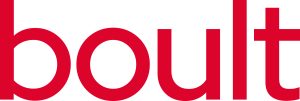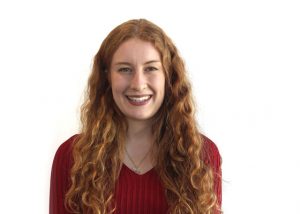What
My day-to-day work involves reading about a wide variety of emerging technologies to identify how my client’s inventions differ from what has been done before. I then try to ‘claim’ this difference by describing it in words as broadly as I can. There are a number of requirements my ‘claim’ must meet before a patent is granted, and so I must convince a patent granting body that these requirements are met. This often involves rounds of written and/or oral negotiation, during which I may amend my claim to overcome objections raised by the patent granting body. Throughout the process, I am in contact with my client to ensure the final claim, which defines the scope of their patent protection, aligns with their commercial aims.
Why
Towards the end of my degree, I was considering three potential career paths: academia, engineering, and patent law. I chose patent law over academia and engineering because of the range and diversity of work. I typically only work on one invention for a day or two at a time, before switching to focus on something new. For example, in the past month alone, I have worked on aircraft control systems, self-driving trucks, AI security architectures, micro-LED arrays and much more. Patent law also affords clear and structured career progression. It takes 3 – 5 years of on the job training to become a Patent Attorney, during which time you work on real cases and are closely supported by supervisors who value your technical input.
Advice
For those interested in entering the profession, I recommend applying for the various vacation schemes and/or open days offered by many patent firms, including Boult Wade Tennant LLP. These vacation schemes and open days provide an opportunity to learn all about the firm, its people, and its culture, so are really helpful in deciding where you want to apply. If you do decide to apply for trainee roles, it is worth getting your applications in early, as well as sending speculative applications if the firm(s) you are interested in are not actively advertising for a role you fit. I started applying for trainee roles at the end of my third year at university, and was able to secure a job before starting my fourth year. This meant I could focus on my studies, and never had to worry about juggling job applications or interviews around my lectures and tutorials.







